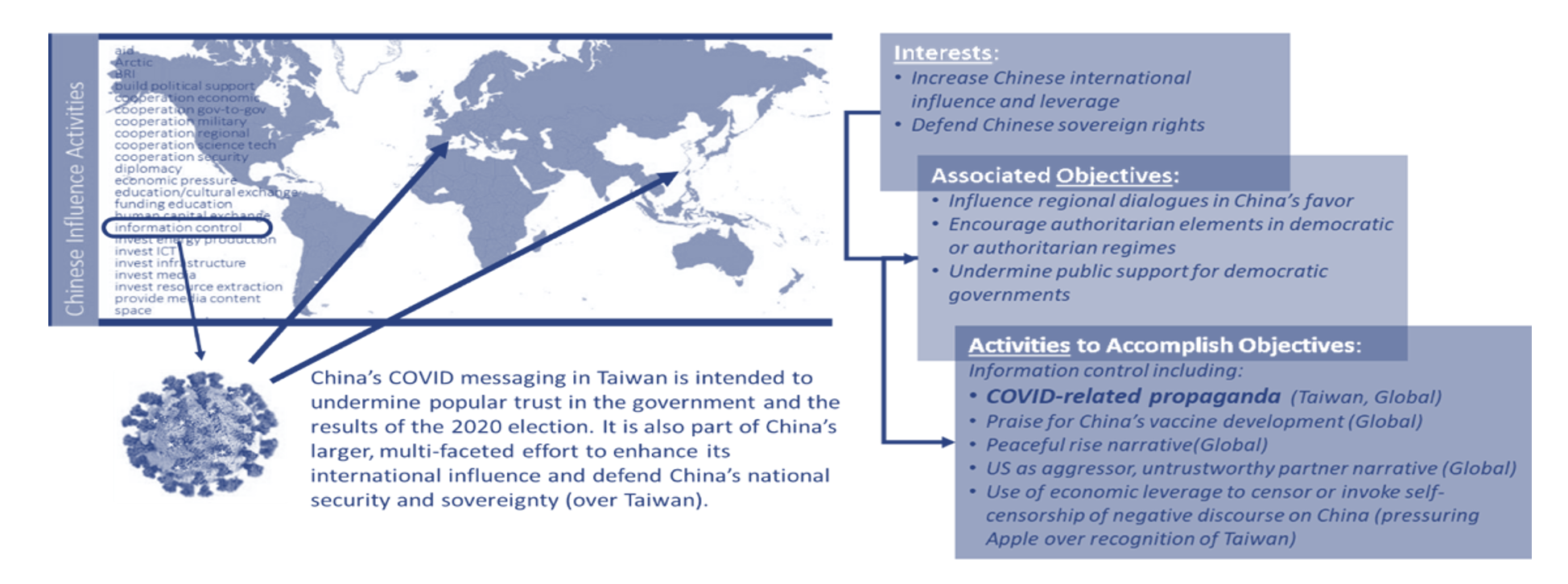Measuring Progress in Conflict Environments: Measuring Afghanistan Progress (MPICE: MAP)
Measuring Progress in Conflict Environments: Measuring Afghanistan Progress (MPICE: MAP)
POC: For inquiries regarding this work, please contact Dr. Sabrina Pagano (spagano@nsiteam.com).
Project Team: Sabrina Pagano, Ph.D.; Michael Salwen, Ph.D.; Enrique Orlina, Ph.D.; Laura Leets, Ph.D.; Tessa Baker; Pamela Toman
Description: On behalf of the U.S. Army Corps of Engineers (USACE), NSI used the methodological expertise of its multi-disciplinary team to make critical contributions to the iterative design and implementation of a robust multi-method, multi-wave data collection effort applying the MPICE metrics framework. The MPICE framework incorporates a hierarchical system of outcome-based goals, indicators, and measures designed to provide insight into the achievement of stabilization objectives over time. In a prior effort, NSI had been tasked with reviewing and providing recommendations for framework updates based on an evaluation and gap analysis. Drawing upon insights from that effort, a key objective of NSI’s MPICE: MAP work was to help design a scientifically rigorous and valid approach to measuring potential sources of continuing violent conflict and instability in Afghanistan and to gauge the capacity of indigenous institutions to overcome these destabilizing factors.
NSI provided ongoing consultation to the customer and collaborators during each wave of data collection, reviewing hundreds of study instruments, reports, and other materials to ensure the validity of results and data integration, as well as appropriate interpretation of findings. The NSI team also conducted independent data analysis on meaningful predictors of security outcomes. The NSI team’s data collection implementation plan and accompanying guidance for data integration, which emphasized the use of both quantitative and qualitative methods, were moreover crafted to serve as a general approach that could be tailored and applied to any country or region in future work. Finally, NSI served as an integrator, ensuring coherence across products and collaborators.
The MPICE: MAP effort enabled successful measurement of key sources of conflict and institutional strength to provide necessary context for understanding resistance to, or support for, insurgent influence and activity in Afghanistan.
See how in our National Security Portfolio or our Human Capital/Data Science Portfolio.



